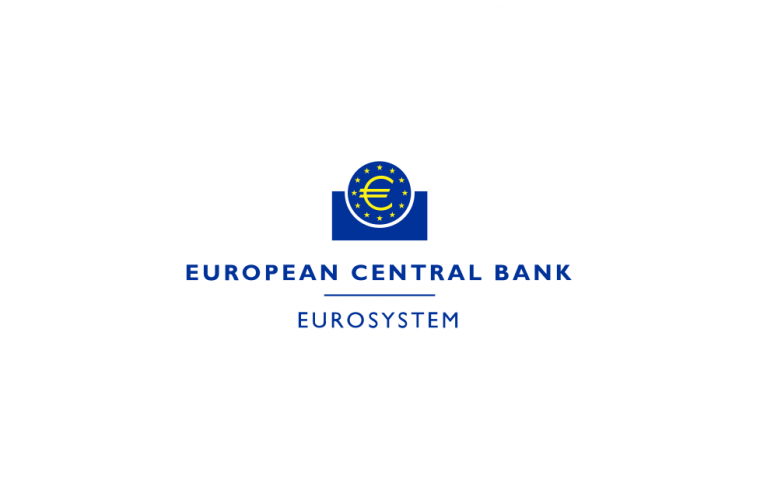It is a true pleasure to be back here at the Paris School of Economics (PSE).
You are now on the home stretch. I well remember how I felt during my own final year: excited, anxious and curious all at once.
Over the next few months, you will need to take serious, life-changing decisions. The data suggest there is about a two-in-three chance that you will pursue further studies.
For many, a master’s degree is a natural step towards a PhD. And a PhD is essentially a promise of employment. In the United States, for example, the unemployment rate for PhD economists is about 0.8%, the lowest among all sciences. Not a bad place to start from.
But a PhD is not about financial optimisation. Estimates for the United Kingdom suggest that British men with a master’s degree earn 23% more than those who could have gone to university but chose not to. The earnings premium for a PhD, which often takes three to five times as long, is just 26%. For some subjects, the premium for a PhD even vanishes entirely.
So first piece of advice: your PhD should be fuelled by your passion and your love for research rather than by hopes of earning more money.












